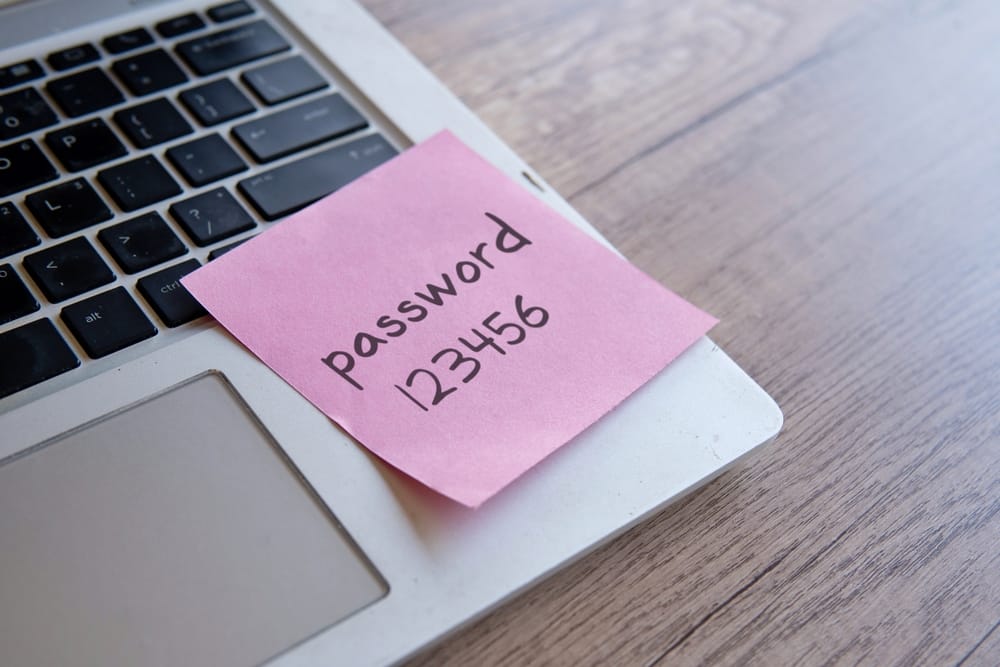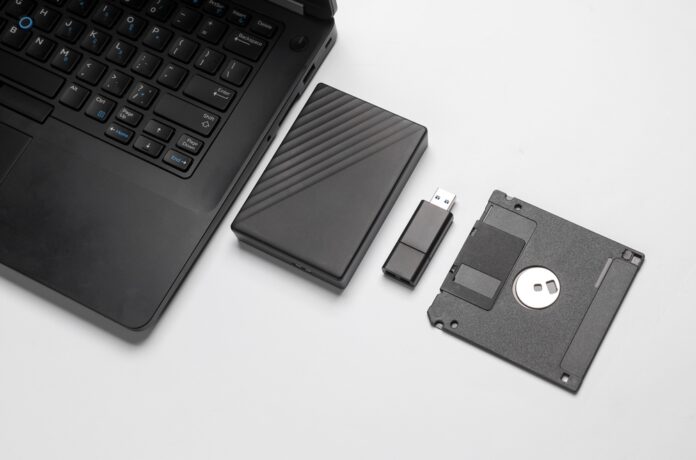Technology doesn’t wait for anyone. One day, something is cutting-edge. The next? It’s a relic. We’ve seen it before—CDs, pagers, payphones. Things we once depended on, now barely a memory.
So, what’s next? What tech is on the way out? Looking ahead to 2030, a few things seem unlikely to survive. Some are already fading. Others? Just waiting for their turn.
1. USB Flash Drives & External Hard Drives
Used to be everywhere. Students carried them. Offices stocked them. Now? Feels like an afterthought.
- What happened? Cloud storage. No need to plug anything in, just sync and go.
- What’s replacing them? Google Drive, iCloud, OneDrive. Files follow you everywhere, no device needed.
Sure, there are exceptions. Video editors, photographers—people who need massive storage. But for the average person? Those little USB sticks are collecting dust.
2. Physical Credit Cards & Cash
Wallets are getting thinner. Not because people are broke (well, maybe). But because cash and cards aren’t necessary anymore.
- Why? Phones do the job now. Tap, scan, done.
- What’s next? Apple Pay, Google Pay, crypto transactions.
Some countries are already pushing cashless policies. A decade from now, carrying physical money might seem as old-school as writing checks.
3. Cable TV
Remember flipping through channels? Seeing what’s on? That’s not how people watch TV anymore.
- What’s changed? Streaming is king.
- What’s taking over? Netflix, Disney+, YouTube, and ad-supported platforms.
Cable bills are high. Options are limited. More and more people are cutting the cord every year. At some point, cable companies might just give up.
4. Office Landlines
Think about it—when was the last time you called a coworker on a desk phone?
- What’s the issue? Work isn’t tied to an office anymore.
- What’s replacing them? Zoom, Slack, Microsoft Teams, mobile phones.
With remote work growing, landlines are turning into expensive paperweights.
5. Passwords
Typing in passwords? Remembering different ones for every site? Who has time for that?
- What’s the problem? Too easy to forget. Too easy to steal.
- What’s coming next? Face ID, fingerprint scans, passkeys.
Tech companies are already moving toward a password-free world. Soon, logging in will be as easy as looking at your screen.

6. Standalone GPS Devices
There was a time when people paid extra for a GPS unit in their car. That time is over.
- Why? Smartphones do it better.
- What’s taking over? Google Maps, Apple Maps, Waze.
Even built-in car navigation systems struggle to compete. Why use an outdated database when your phone has real-time updates?
7. Printed Receipts
Who actually keeps these? They fade. They get lost. And most of the time, they’re unnecessary.
- Why they’re going away? Digital options are easier.
- What’s next? Email receipts, store apps, text confirmations.
Retailers are already offering paperless options. Within a few years, printed receipts might be completely gone.
8. Self-Checkout Machines
Seemed like the future, right? Customers scan their own groceries, fewer cashiers needed. Turns out, it’s not that simple.
- What’s the problem? Machines break. Theft increases. People prefer human cashiers.
- What’s next? Amazon Go-style AI shopping—walk in, grab items, leave.
Some stores are even reversing their decision, bringing back staffed checkouts after self-checkout failures.
9. CDs, DVDs & Blu-ray Discs
Physical media had a good run. But outside of collectors, not many people buy discs anymore.
- What’s replacing them? Digital libraries, streaming platforms.
Unless you’re a die-hard fan of owning movies or albums, chances are you haven’t touched a DVD in years.
10. Alarm Clocks & Calculators
Standalone alarm clocks still exist, but mostly in hotels.
- Why? Phones do it all.
- What’s replacing them? AI-driven personal assistants handling schedules, reminders, and alarms.
Same goes for calculators. Unless you’re in a classroom taking a test, there’s little reason to own one.
Final Thoughts
Some tech slowly fades. Others vanish overnight. A few will hold on in niche markets, but for most people, they’ll become memories.
By 2030, we might be laughing at how we ever relied on this stuff.


